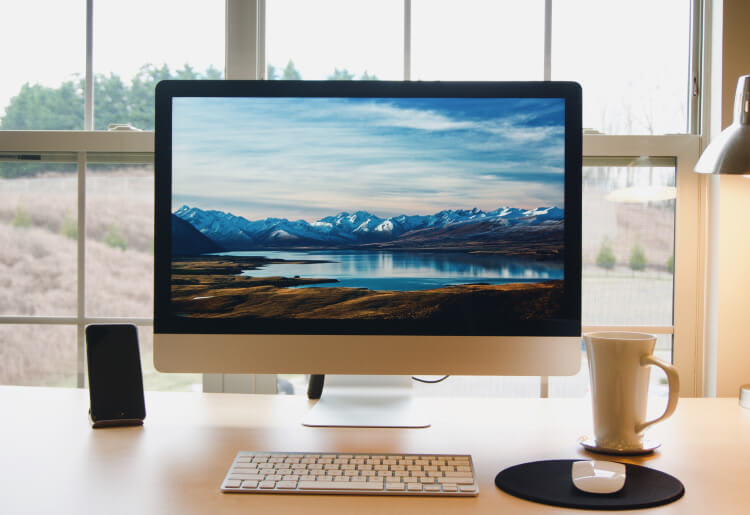This has led to the incorrect assumption that viruses aren’t, or can’t be written for the Mac Operating System (OS X).
More technically speaking, Mac’s OS X is a completely different operating system than Windows. In fact, it’s written in different code, called Unix. Whilenot completely resist to the attempts of a hacker, it is more difficult to exploit the weaknesses of OS X than it is of Windows. However, as computer hackers become more intelligent and innovative; we’re seeing more and more reports of malware and viruses on a Mac.
At the end of the day, all computers are vulnerable to viruses and malware and it's crucial to keep yourself protected with the best antivirus software for Mac.
Mac’s OS X Isn’t Immune
Sure, it’s more challenging to write a virus that will slip through the natural defenses of Mac’s OS X; but it’s not impossible. This important fact means that choosing not to install any antivirus software opens you up to the potential risk. As most antivirus software comes with regular updates; investing in a product means that you can future-proof yourself against any viruses which might be, at the moment, uncommon.
Non-Virus Related Attacks
Even if you’re confident that you’re not going to fall victim to any viruses or malware when using your Mac, know that antivirus software keeps you safe from more than just virus attacks. Unwarranted connections and unsolicited downloads are also flagged and prevented, meaning that you’re affording yourself protection against direct hacking attempts of your Mac.
While far less common than syndicated malicious code, a hacker could choose to target your system specifically and try to manipulate it, steal your information or erase your data. There’s no evidence that this is any more difficult on a Mac than on a Windows PC. So, for the sake of a nominal yearly fee on antivirus software, you’re protecting yourself against all future viruses and also the potential threat of a determined hacker.
Non-Symptomatic Viruses & Spreading
Unfortunately computer viruses and malware can exist on the hard drive of a computer without showing any symptoms or ill-effects. Spyware is a perfect example of this, designed to remain undetected on the PC in order to continue its operation of “spying” on its host system.
This means that even if a Mac doesn’t show any signs of an infection, viruses can exist in a non-active state on the system; which can pose a risk to any non-Mac systems on a local network or in regular contact. email and instant messaging are common forms of virus spreading, so any communications of this type with an infected Mac can result in the transfer of a virus; regardless of whether it’s having an impact on the Mac itself.
Bottom Line for Mac Users: Protect Yourselves!
As more and more antivirus software becomes available on the market, the competition is forcing prices down and making them a much more affordable option than they were some years ago. It seems like a no-brainer in today’s age of digital security to invest in antivirus software, and this recommendation certainly extends to Apple’s Mac OS X; more and more by the day.
